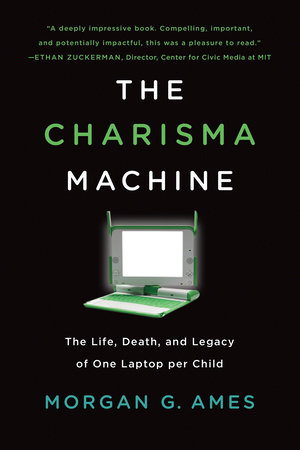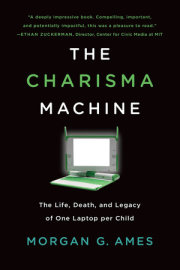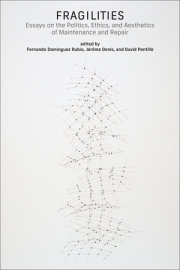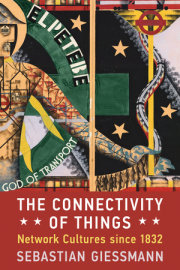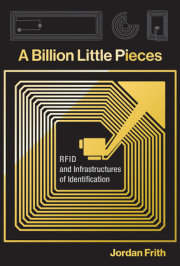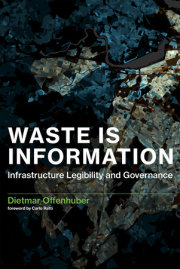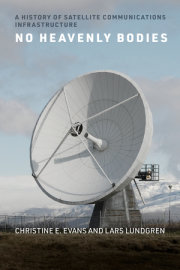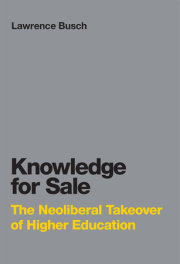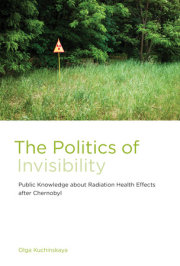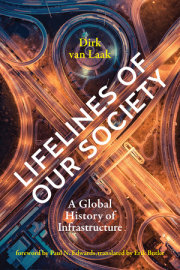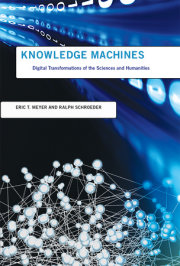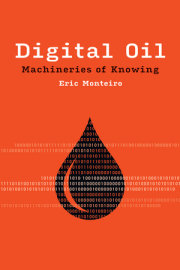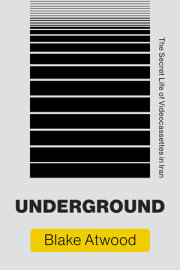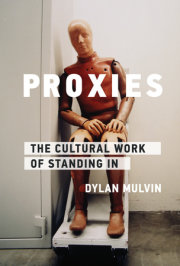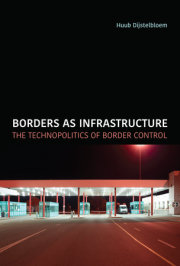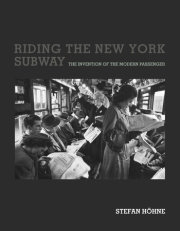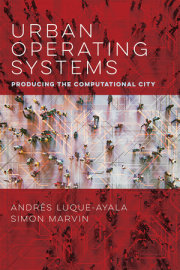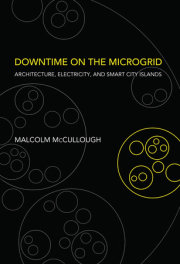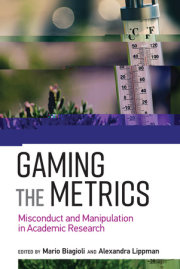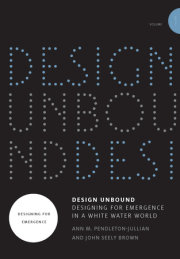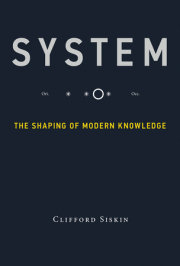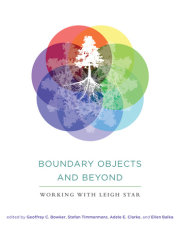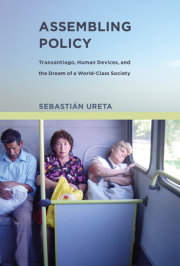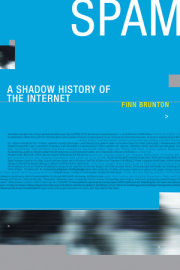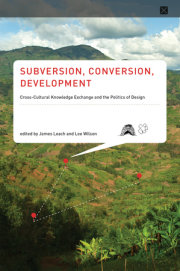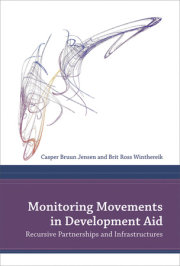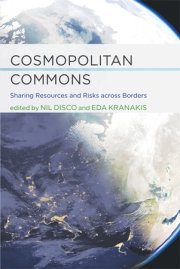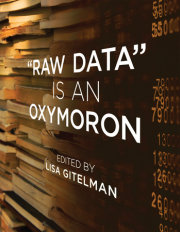Winner, 2020 Sally Hacker Prize, Society for the History of Technology
Winner of the 2021 Computer History Museum Prize from SIGCIS
Winner of the 2020 Best Information Science Book awarded by the Association for Information Science and Technology (ASIS&T)
Runner-up for 2020 ARSTM Book Award
"OLPC is one of the great stories of technology and social change, breathtaking in ambition, with noble but unexamined intentions and profound failures of execution. With an admirable mix of firsthand perspective and scholarly distance, Morgan Ames provides a helpful set of tools for understanding enthusiasm for a wave of new technologies. The idea of a 'charismatic technology' is one that will influence technology scholars to come."
—Ethan Zuckerman, Director, Center for Civic Media at MIT
"Morgan Ames, in a beautifully written account, excavates how and why technologists, educators, and pundits cast the One Laptop per Child project as a societal savior. Incisive and extensively researched, The Charisma Machine's searing critique of OLPC is filled with insights about the pitfalls of naive design endeavors all too common in the contemporary era."
—Gabriella Coleman, Wolfe Chair in Scientific and Technological Literacy, McGill University; author of Hacker, Hoaxer, Whistleblower, Spy: The Many Faces of Anonymous
"The Charisma Machine should be required reading for all ed tech enthusiasts before they jump onto the next bandwagon. Morgan Ames's insightful and immensely readable analysis of the One Laptop per Child initiative reveals how bold-faced ignorance results in reifying privilege and power rather than addressing the needs of learners and teachers."
—Yasmin B. Kafai, Lori and Michael Milken President's Distinguished Professor, University of Pennsylvania
"The Charisma Machine delivers an unflinching, rich, and original study of the One Laptop per Child program. This clear-eyed critique shows the allure of technology as a silver bullet to social inequality and what happens when elites, policymakers, and unchecked techno-utopianism run amok. This book is destined to become required reading for those who want to understand why we must stop turning to tech—and technologists—as saviors."
—Mary L. Gray, Principal Researcher, Microsoft Research; Affiliate Faculty, Berkman Klein Center for Internet & Society at Harvard University; coauthor of Ghost Work: How to Stop Silicon Valley from Building a New Global Underclass
“Global digitalization, connectivity, and the vision of ‘computers for all’ are examples of how narratives of technology and education can be combined to invoke powerful and far- reaching promises of social change in contemporary society. In The Charisma Machine, Morgan G. Ames gives a fascinating case study of these visions.”
—Technology and Culture

